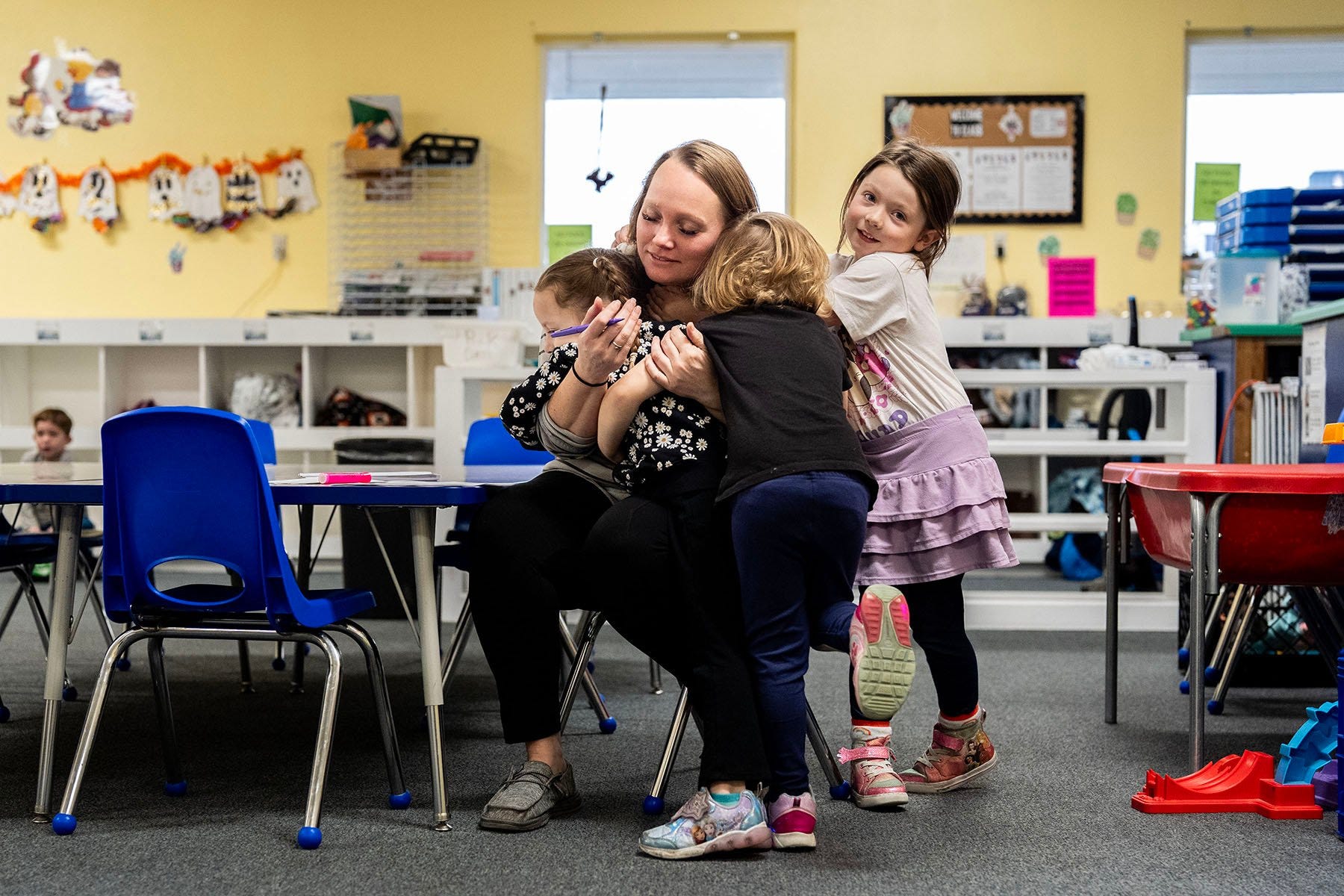New Mexico Breaks Ground as First State to Offer Universal Child Care
The program may offer a blueprint for other states on an issue that was prominent during the 2024 campaign.

In a groundbreaking move that could reshape the conversation around family policy in America, New Mexico has become the first state to guarantee free universal child care. Governor Mic…




